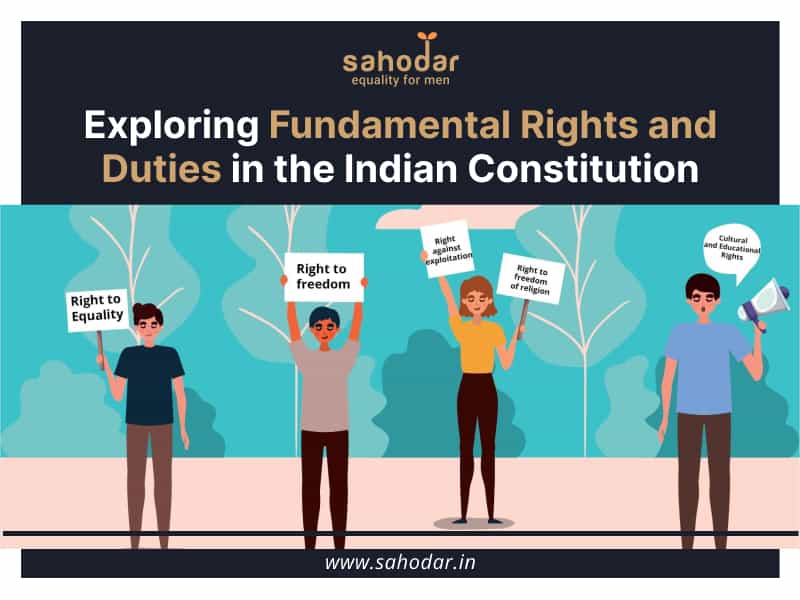The Indian Constitution, adopted on January 26, 1950, stands as a beacon of democracy, enshrining the rights and duties of its citizens. At its heart lie the Fundamental Rights and Duties, a cornerstone of India’s legal and moral framework. These provisions not only safeguard individual liberties but also underline the responsibilities citizens owe to their nation.
Fundamental Rights in Indian Constitution
The Fundamental Rights in the Indian Constitution are a set of guaranteed rights that protect the individual liberties and freedoms of citizens against any arbitrary state actions. They serve as a shield against any form of discrimination, oppression, or tyranny, ensuring that every citizen is treated with dignity and equality.
Among the most cherished Fundamental Rights are
- Right to Equality (Articles 14-18): This includes equality before the law, prohibition of discrimination on grounds of religion, race, caste, sex, or place of birth, and equality of opportunity in matters of public employment.
- Right to Freedom (Articles 19-22): This encompasses freedoms of speech and expression, assembly, association, movement, residence, and profession, subject to reasonable restrictions in the interest of the sovereignty and integrity of India, the security of the State, friendly relations with foreign States, public order, decency, or morality.
- Right Against Exploitation (Articles 23-24): It prohibits human trafficking, forced labor, and children working under hazardous conditions.
- Right to Freedom of Religion (Articles 25-28): This grants individuals the freedom of conscience and the right to profess, practice, and propagate religion, subject to public order, morality, and health.
- Cultural and Educational Rights (Articles 29-30): These rights protect the rights of minorities to conserve their culture, language, or script, and the right of minorities to establish and administer educational institutions of their choice.
- Right to Constitutional Remedies (Article 32): Commonly referred to as the “heart and soul” of the Constitution, this provision allows citizens to move the courts if they believe that their Fundamental Rights have been violated. It empowers the Supreme Court to issue writs such as habeas corpus, mandamus, prohibition, quo warranto, and certiorari for the enforcement of these rights.
Fundamental Duties
While Fundamental Rights bestow citizens with freedoms, the Constitution also places certain responsibilities upon them, known as Fundamental Duties. These were added to the Constitution through the 42nd Amendment Act in 1976, inspired by the principles enshrined in the Constitution’s Preamble and the directives in international conventions.
The Fundamental Duties include
- To abide by the Constitution and respect its ideals and institutions.
- To cherish and follow the noble ideals that inspired the national struggle for freedom.
- To uphold and protect the sovereignty, unity, and integrity of India.
- To defend the country and render national service when called upon to do so.
- To promote harmony and the spirit of common brotherhood amongst all the people of India transcending religious, linguistic, and regional or sectional diversities.
- To value and preserve the rich heritage of our composite culture.
- To protect and improve the natural environment including forests, lakes, rivers, and wildlife, and to have compassion for living creatures.
- To develop the scientific temper, humanism, and the spirit of inquiry and reform.
- To safeguard public property and to abjure violence.
- To strive towards excellence in all spheres of individual and collective activity.
Conclusion
The Fundamental Rights and Duties in the Indian Constitution symbolize the delicate balance between individual freedoms and collective responsibilities. While the former empowers citizens to lead a life of dignity and liberty, the latter reminds them of their duty towards nation-building and fostering a just and harmonious society. Upholding these rights and fulfilling these duties not only strengthens the democratic fabric of the nation but also paves the way for a progressive and inclusive India.

